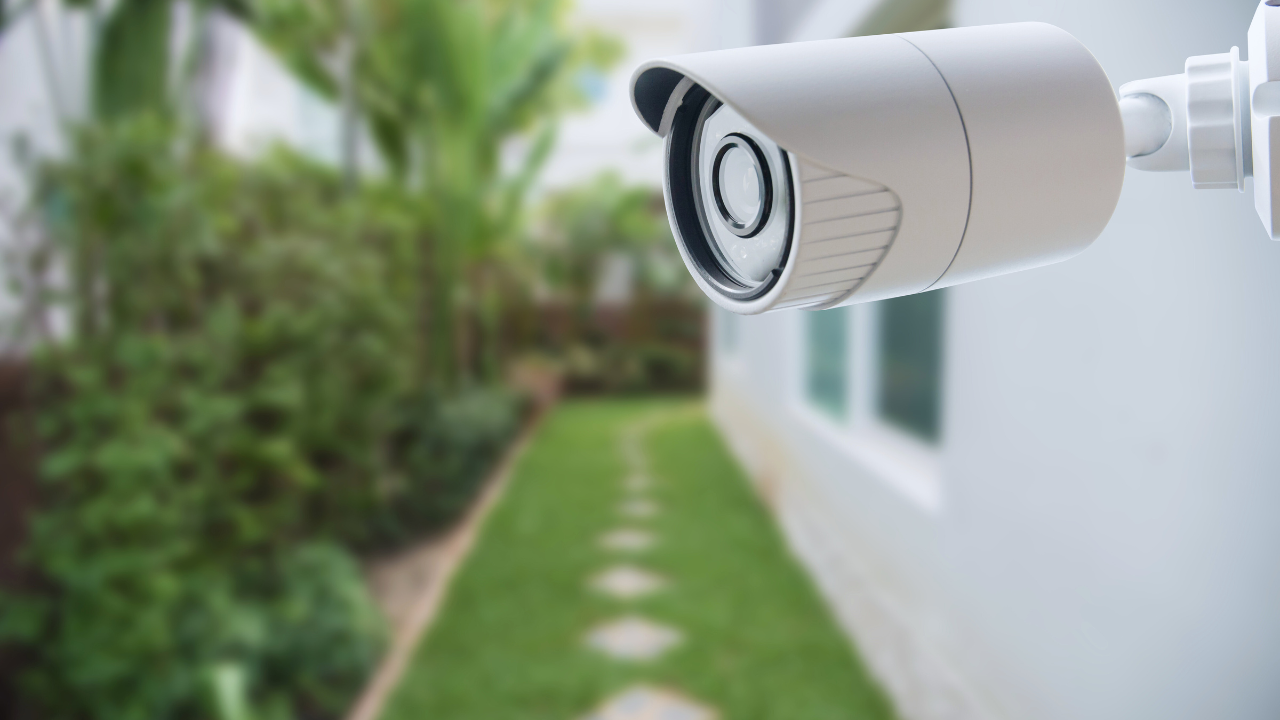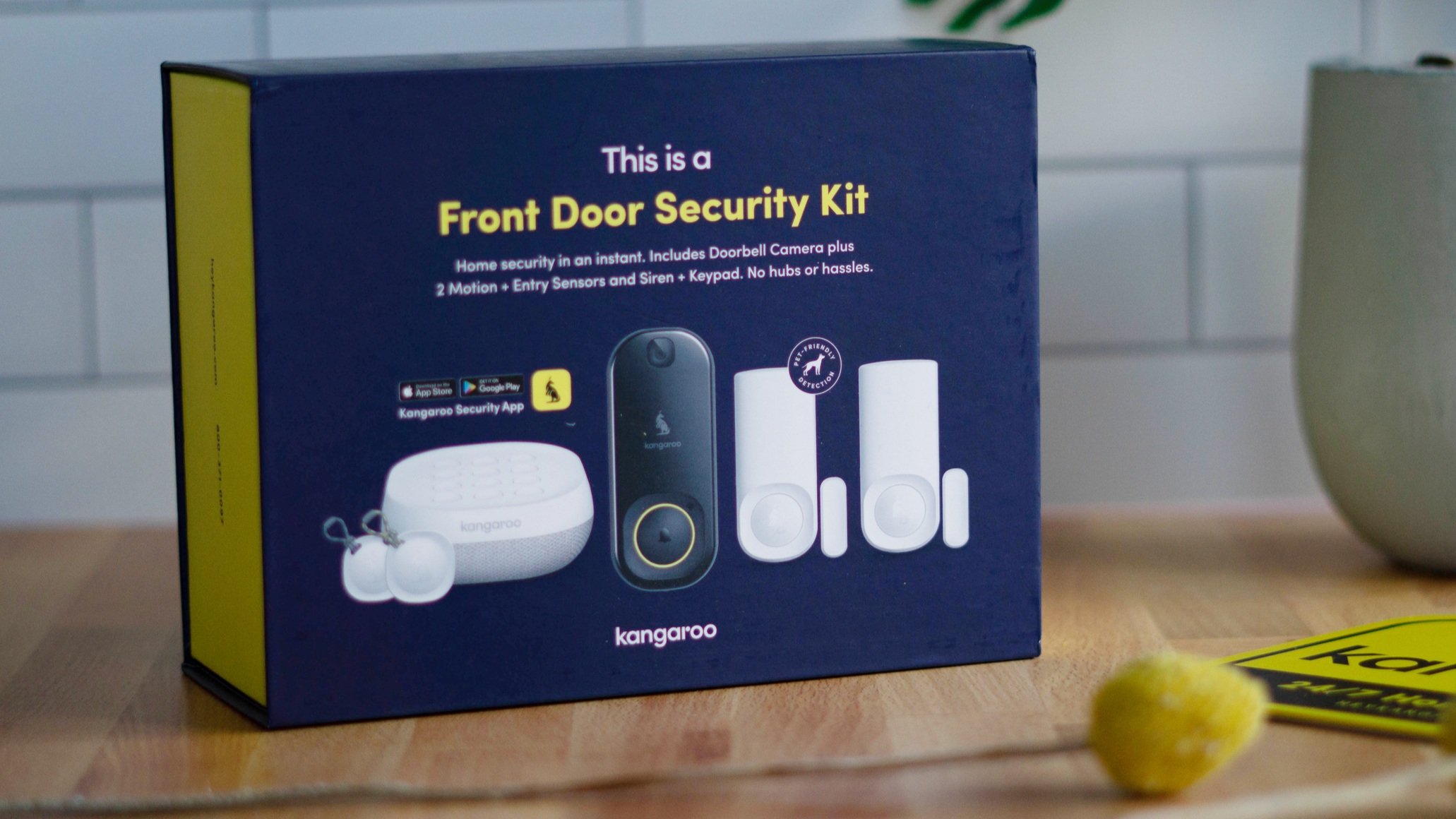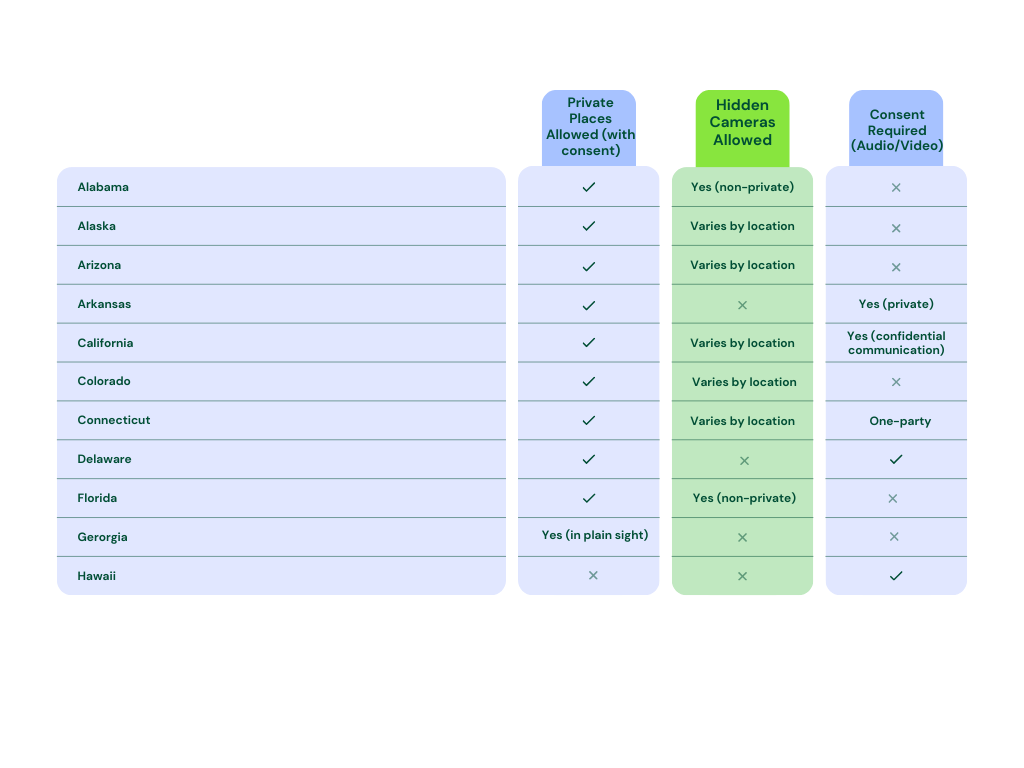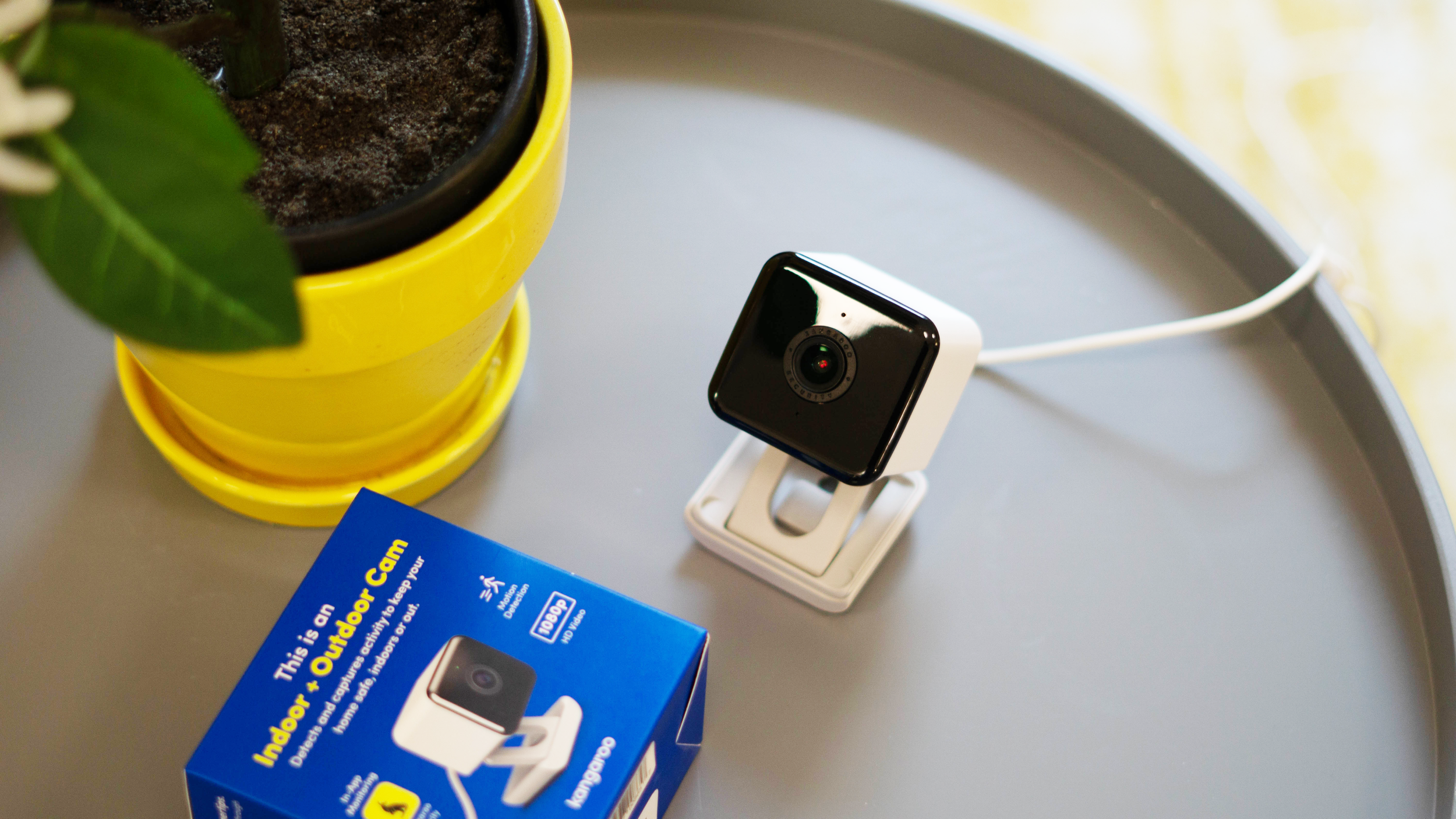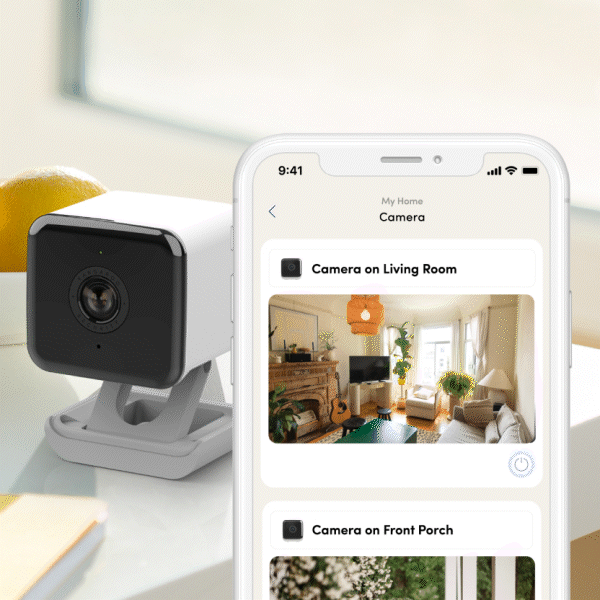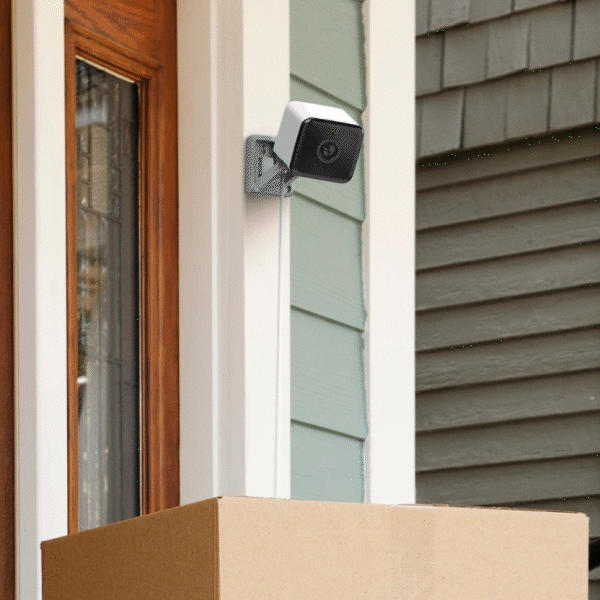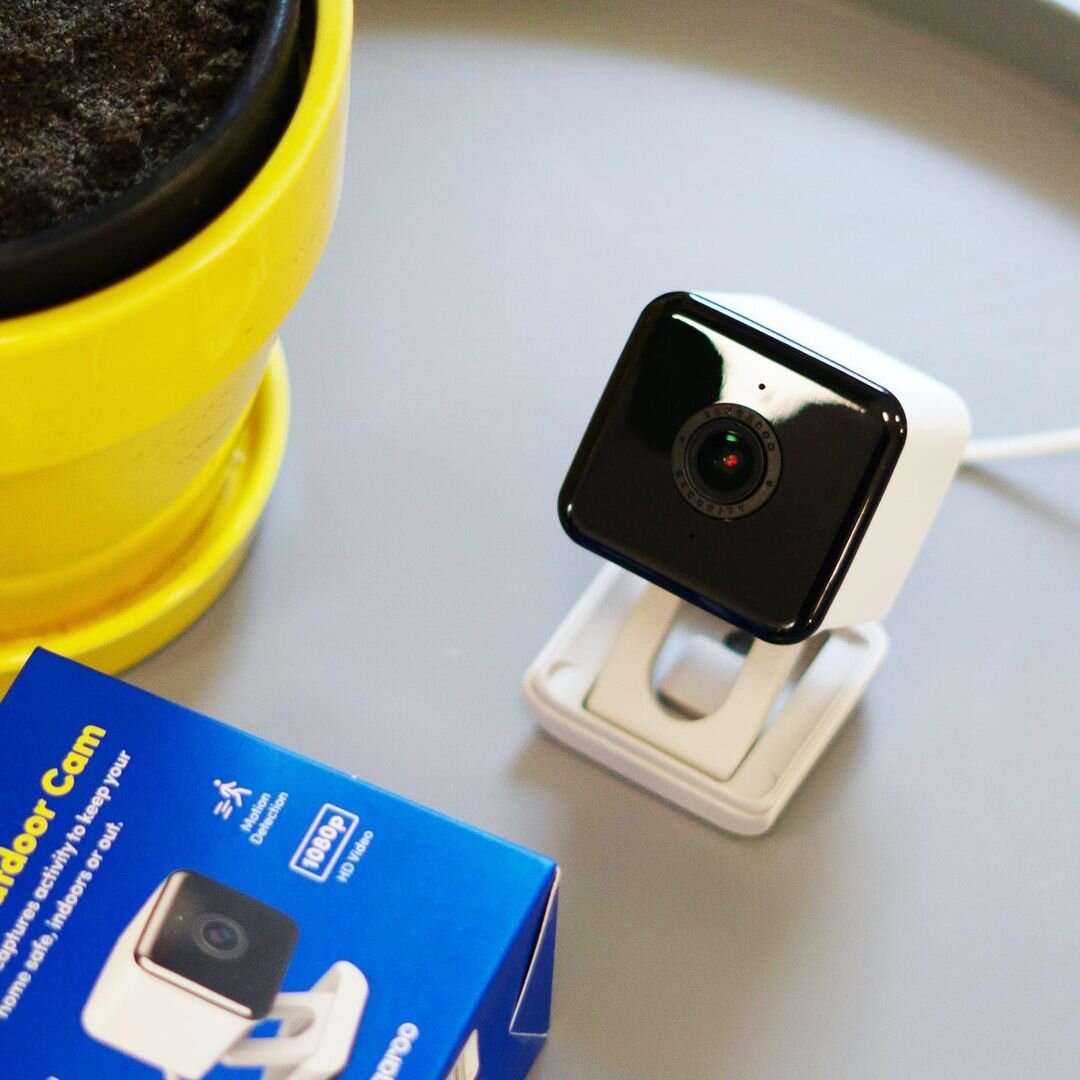Understanding the Legalities of Security Camera Installations
The rise of crime and the need for enhanced security have led businesses to increasingly rely on security camera systems. The global video surveillance market was valued at $45.5 billion in 2020 and is expected to reach $74.6 billion by 2025, growing at a CAGR of 10.4% (Statista). This surge in demand highlights the increasing reliance on security camera systems for everything from deterring crime to monitoring operations.
Whether you're running a small retail shop, a sprawling corporate office, or a bustling restaurant, the need for robust security measures is undeniable. Security camera systems, encompassing everything from simple home security setups to intricate commercial surveillance networks, offer a powerful means of deterring crime, monitoring activities, and gathering evidence.
The Global Landscape of Surveillance
The use of security cameras is not limited to businesses; it's a widespread phenomenon. According to a 2023 report, over 1 billion surveillance cameras are in use worldwide, In the United States alone, there are an estimated 50 million surveillance cameras deployed in public and private spaces (Security Magazine).
The Rise of Smart Home Security
The advent of smart home technology has further fueled the adoption of security cameras. It's estimated that over 98 million households worldwide use smart home surveillance cameras (The Tech Report). These cameras offer features like remote monitoring, motion detection, two-way talk, and integration with other smart devices, making them increasingly popular among homeowners.
Smart home security solutions have become increasingly popular in recent years. Systems equipped with AI, IoT connectivity, and advanced sensors are no longer luxuries but necessities for many homeowners. Smart home security camera adoption trends show rapid growth, driven by convenience and technology advancements. These devices offer seamless integration with other smart home gadgets, providing enhanced control and peace of mind.
The Impact on Crime Prevention
While the effectiveness of security cameras in deterring crime is a subject of ongoing debate, studies have shown that they can play a significant role. For instance, a study in the UK found that CCTV cameras reduced crime by an average of 16% (The College of Policing). Another study in the US revealed that businesses with surveillance systems experienced a 50% reduction in robberies (University of North Carolina).
Key Legal Aspects to Consider
When installing security cameras, understanding the legal framework is crucial to avoid potential issues. Privacy laws for security cameras in the US vary across states and address consent and placement regulations. Homeowners must ensure they comply with local and federal guidelines, particularly when cameras capture footage in shared or public areas.
Notice and Consent: Transparency is key when it comes to security camera installation. Clearly inform everyone entering your premises that they are being recorded. This can be achieved through prominently displayed signage at entrances, within the premises, and in areas where security camera system are visible. In certain jurisdictions, you may need to obtain explicit consent, especially for audio recording or business security camera installation. Consider providing a privacy policy that outlines your surveillance practices and how the data is used.
Employee Privacy: Striking a balance between security and employee privacy is crucial. Avoid installing surveillance cameras in areas where employees have a reasonable expectation of privacy, such as restrooms, locker rooms, or designated break areas. Focus on areas where surveillance is genuinely needed for security purposes, such as entrances, cash registers, or inventory storage areas.
Data Protection and Retention: If your surveillance system records and stores footage especially for a commercial security camera, you must comply with data protection regulations. These regulations vary by jurisdiction but generally require you to handle personal data responsibly, secure it against unauthorized access, and retain it for a specified period. Establish clear policies for data access, storage, and deletion to ensure compliance.
Third-Party Access and Confidentiality: If you engage the services of a security camera installer or an installation company, ensure that they are reputable and have a track record of adhering to privacy laws. Clearly define who has access to the recorded footage and how it is managed. Implement confidentiality agreements to protect sensitive information.
Security Camera Laws by State
Understanding the Legal Framework
Home security camera laws: These laws typically govern the use of surveillance cameras/home security camera in residential settings, addressing issues like placement, recording in public spaces, and neighbor privacy.
Federal laws and regulations: While federal laws don't specifically address surveillance cameras, they do cover broader privacy concerns like wiretapping and eavesdropping. These laws generally prohibit the interception of private communications without consent.
Security camera laws by state: As mentioned earlier, specific regulations can vary significantly from state to state. Some states have stricter laws regarding audio recording, consent, and the placement of cameras in certain areas. Be sure to research the specific laws in your state to ensure compliance.
Security cameras and privacy: Balancing the need for security with individual privacy rights is a complex issue. It's essential to be transparent about your surveillance practices, obtain consent where necessary, and avoid placing cameras in areas where people have a reasonable expectation of privacy.
Video recording vs. audio recording: Video recording is generally more acceptable than audio recording from a privacy standpoint. In many jurisdictions, recording audio requires explicit consent from all parties involved.
Choosing the Right Security Camera System
The type of security camera system that best suits your business will depend on several factors, including the size of your premises, the layout, the specific areas you need to monitor, and your budget. Here are some key considerations:
Camera Type:
Dome cameras are discreet and blend well with their surroundings.
Bullet cameras are easily visible and act as a deterrent.
PTZ (Pan-Tilt-Zoom) security cameras offer flexibility in monitoring different areas.
IP security cameras transmit video data over a network and offer advanced features.
Field of View: Determine the areas you need to cover and choose cameras with the appropriate field of view. Consider factors like lens type (wide-angle, varifocal) and zoom capabilities.
Video Quality: High-resolution cameras provide clearer footage, which is essential for identifying individuals or details in the event of an incident.
Night Vision: If you need to monitor your premises after dark, choose cameras with infrared night vision for optimal visibility.
Motion Detection: This feature triggers recording only when motion is detected, saving storage space and making it easier to review footage.
Storage: Choose between DVRs and NVRs based on your storage needs and whether you prefer a wired or wireless setup. Cloud storage is another option that offers scalability and remote access.
Additional Features: Some cameras offer advanced features like facial recognition, license plate recognition, or audio recording. Consider whether these features align with your security goals and budget.
The Kangaroo Indoor + Outdoor Camera: A Versatile Solution
The Kangaroo indoor + outdoor camera is a fantastic option for businesses seeking flexibility and ease of use. With its wide field of view, high-quality footage, and straightforward installation, it is a popular choice for both indoor and outdoor surveillance.
By understanding the legal landscape and making informed decisions about your security camera system, you can protect your business while respecting the privacy rights of individuals.
You May Also Like:
Choosing the Perfect Outdoor Security Camera: 2024 Guide
Simple Steps on How to Install Security Camera at Home
Peace of Mind on the GO: Kangaroo - Your Compact Security Camera
So, How Much Does it Cost?
The cost to install security cameras can vary widely depending on several factors, including:
The number of cameras: More cameras naturally mean a higher overall cost.
Camera type: High-end cameras with advanced features like PTZ or night vision will be more expensive.
Wired vs. wireless: Wired systems often require more labor for installation, potentially increasing costs.
Professional installation: Hiring a professional installer will add to the overall cost but can ensure proper setup and configuration.
Additional features: Features like cloud storage, remote monitoring, or motion-activated recording may come with subscription fees.
On average, you can expect to pay anywhere from $100 to $200 per camera for the equipment itself, with installation costs typically adding another $100 to $200 per camera. This means a basic home security system with a few cameras could cost a few hundred dollars, while a complex commercial system could run into the thousands.
However, there are budget-friendly options available, especially for indoor cameras. Like the Kangaroo Indoor + Outdoor Cam offers a range of features, including 1080p HD video, night vision, two-way talk, and motion detection, for just $49.99. This is significantly lower than many other cameras on the market, making it an attractive choice for cost-conscious homeowner
Kangaroo Reviews: Real Experiences, Real Peace of Mind
See what Kangaroo users are saying about their experiences! From pet parents checking in on furry friends to homeowners securing their spaces, these real-life reviews highlight why Kangaroo’s easy setup, responsive customer service, and insurance savings make it a top choice for accessible home security.
"Amazing! Was looking for an affordable security solution and so glad I came across kangaroo! Super easy to set up and use on a daily basis (even if you are not tech savvy). Whenever I have questions the customer service team is just a phone call away. Got the doorbell camera. Water sensor and indoor camera to watch my dog. They also got me discount on my home insurance!! All thumbs up and thanks to the kangaroo team!!" - Vanessa
"Great Camera and easy set up. This is perfect for me to spy on my dogs when I leave for work." -
"The greatest part of this camera is that it of course lets you view the camera live, but it gives you a generous 24hr of cloud storage which is more than what the competition offers. The camera is super easy to set up and very clear picture." - Deezie
-
Kangaroo Home Security offers a variety of affordable and user-friendly options, including wireless security cameras and indoor cameras, designed for both homeowners and renters. Its systems emphasize simplicity, making it a great choice for DIY security camera installation without compromising quality.
-
Wired security cameras require a physical connection to power and a DVR or NVR for recording video footage, making them more reliable for business security camera systems or large-scale setups. Wireless cameras, on the other hand, connect via Wi-Fi, offering flexibility and ease of installation, which is ideal for home or small business use.
-
Outdoor security cameras are designed to withstand weather conditions and provide wider coverage, making them suitable for monitoring entry points and perimeters. Indoor cameras focus on interior spaces, offering benefits like keeping an eye on children or pets. A combination of both provides comprehensive protection.
-
Commercial security camera systems often use CCTV cameras, dome cameras, and PTZ cameras. These provide features like high-definition video, wide-angle views, and pan-tilt-zoom capabilities, which are essential for monitoring large areas like warehouses, retail stores, or office buildings.
-
The benefits include crime deterrence, remote monitoring via mobile devices, and enhanced peace of mind. Systems like Kangaroo Home Security also integrate with smart home setups, allowing seamless control of security features.
-
DVR (Digital Video Recorder) systems process video footage from analog cameras, while NVR (Network Video Recorder) systems work with IP cameras, which transmit video data over a network. NVR systems are typically preferred for modern CCTV setups due to better video quality and advanced features.
-
DIY installation is possible for many wireless security cameras, such as those offered by Kangaroo Home Security. However, for complex systems like wired security cameras or commercial CCTV systems, professional installation services ensure proper setup and optimal functionality.
-
Dome cameras are discreet, durable, and offer a wide field of view, making them ideal for indoor and outdoor security. Their design also deters tampering, making them a popular choice for both residential and business security camera setups.
-
PTZ (Pan-Tilt-Zoom) cameras allow users to adjust the camera's view remotely, offering flexibility to monitor specific areas or track moving objects. These cameras are commonly used in commercial security camera systems for their versatility.
-
Yes, privacy laws for security cameras in the US vary by state, addressing issues like consent and camera placement. It’s essential to understand these regulations to avoid legal complications, especially for outdoor cameras and business security camera systems.
-
CCTV systems serve as both a deterrent and a tool for capturing evidence. Studies show that the presence of CCTV cameras significantly reduces crime rates in both residential and commercial areas.
-
Many providers, including Kangaroo Home Security, offer professional installation services for complex setups like wired security cameras or CCTV systems. For simpler systems like wireless cameras, DIY installation is often sufficient.

